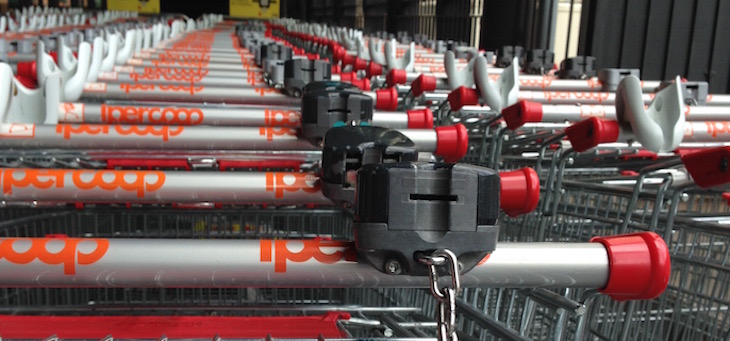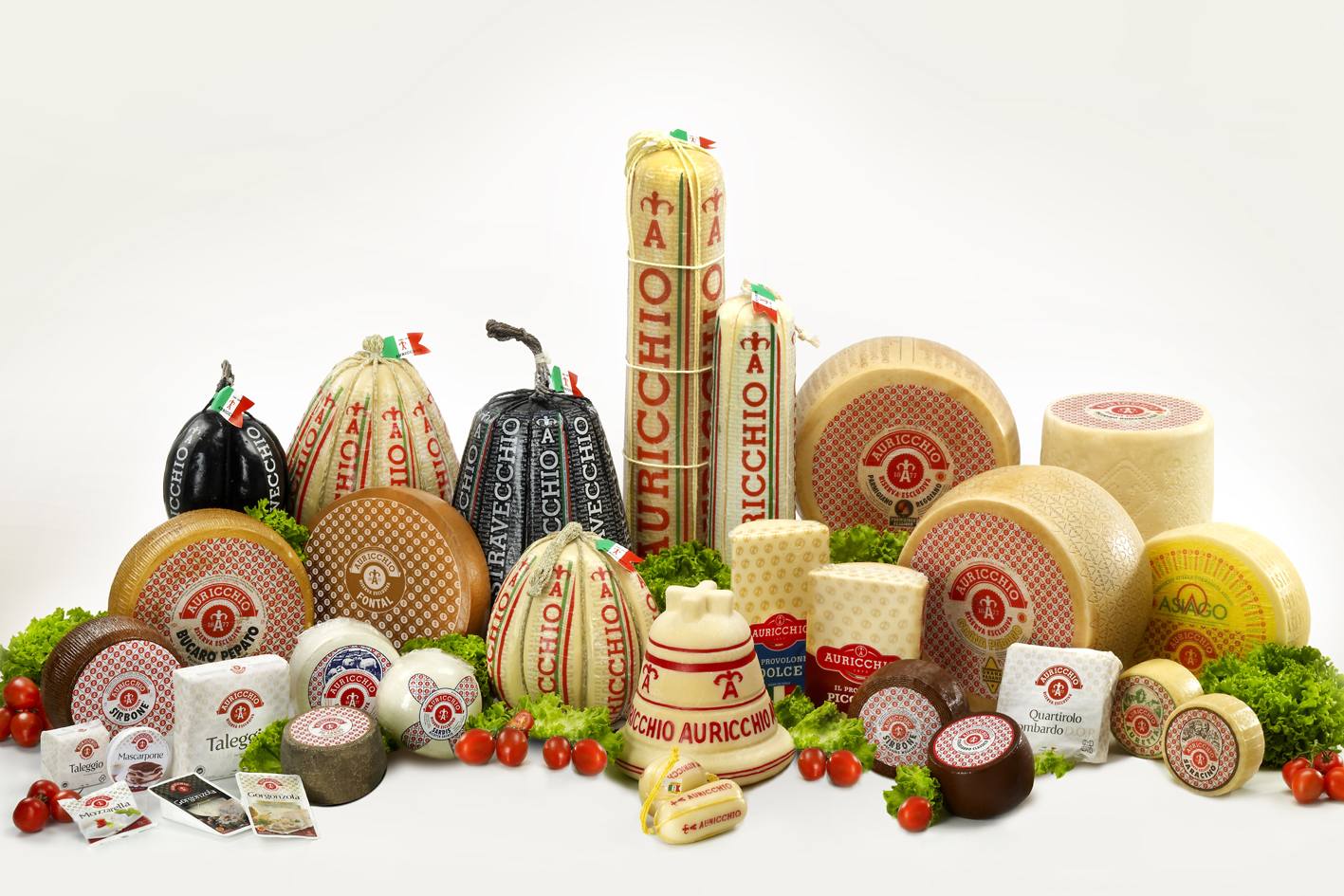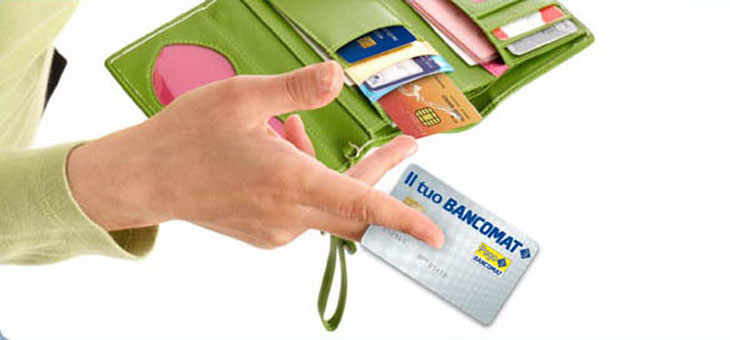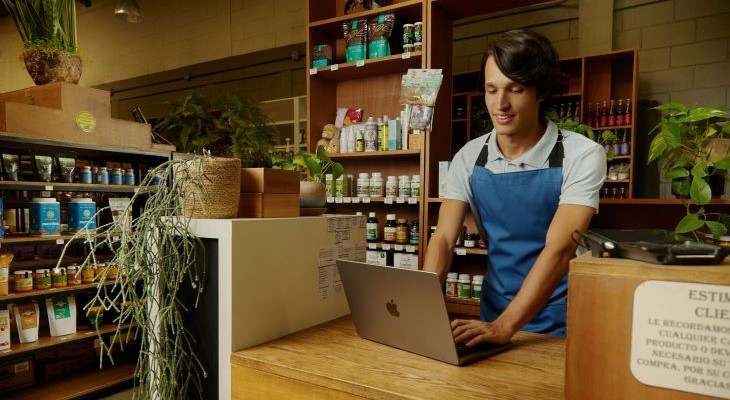How are retail food distribution groups moving in Italy after these years of crisis and decline in consumption?
To give an answer, albeit partial, because obviously the dynamics of the various retailers can be different), we retrieved figures on the market shares of distribution groups in June 2007 (Source: Iri Top Trade, published in Beverages & Grocery, December 2012) and compared them with those of January 2013 and January 2015, again sourced from Iri Top Trade. Excluding discount stores. But perhaps we must start to include them in these rankings.
Nearly eight years ranging from the pre-crisis period to date allow us to observe how the different groups have emerged from this turbulence, assuming it is over and, as is probable, further setbacks are not awaiting us. The table shows how the market shares of the various groups have changed and a number of facts are immediately noticeable.
Market shares of large-scale distribution groups in Italy
Source: Iri Top Trade
There is a group of companies that has faced the storm of the crisis with no apparent setbacks (Conad, Esselunga, Selex, Sigma, Sun, Crai, Agora) mainly due to the development of recent years through acquisitions and new openings, but also, in the case large-scale distribution, to the historic movement of companies from one group to another.
There are also groups that in the long term have lost market share, but have recovered between 2013 and 2015. Among these are Coop and Végé (formerly Interdis). On the contrary, Auchan had gained market share between 2007 and 2013 but lost it in the second period, and the union episodes of recent weeks are there to prove it.
A decrease for all the others, in some cases of a few decimal points, in others more substantial amounts.
In the longer term, therefore, things are a bit different and let’s try to summarise.
Firstly, most large-scale distribution groups have maintained their position, they have a reacted to the market, unlike their major foreign counterparts. The exit of Rewe from Italy and the difficulties of Auchan and Carrefour are the demonstration. Also groups built around entrepreneurs and very focused on the local area have shown a positive trend. The stability over time of small distribution companies is another story, but this is not the subject of this analysis.
Secondly, but we already knew this, groups more focused on the hypermarket format have suffered a decline.
As regards the four leading groups, the dynamics are different. Coop seems to be recovering after a decline between 2007 and 2013, while the expansionary policy of Conad, the investments of Esselunga and the consolidation of Selex form the basis of the positive trend in all the years considered. Obviously in these seven years the context in which retail distribution operates has changed, moving from a phase of growth in consumption to one of decline, of a change in the internal dynamics of consumption, which has challenged the business models of distribution groups, formats and individual retailers.
This scenario, however, is destined to change yet again, both due to the changes in recent months (Conad and Carrefour that have shared the spoils of Rewe-Billa and the entry of Bennet in Selex to name just two) and because sales and consumption have not yet stabilised but are proceeding in a kind of sawtooth manner and, finally, the general conditions which, with the possibility of a VAT increase still pending, are disturbing the sleep of retail entrepreneurs and managers.








